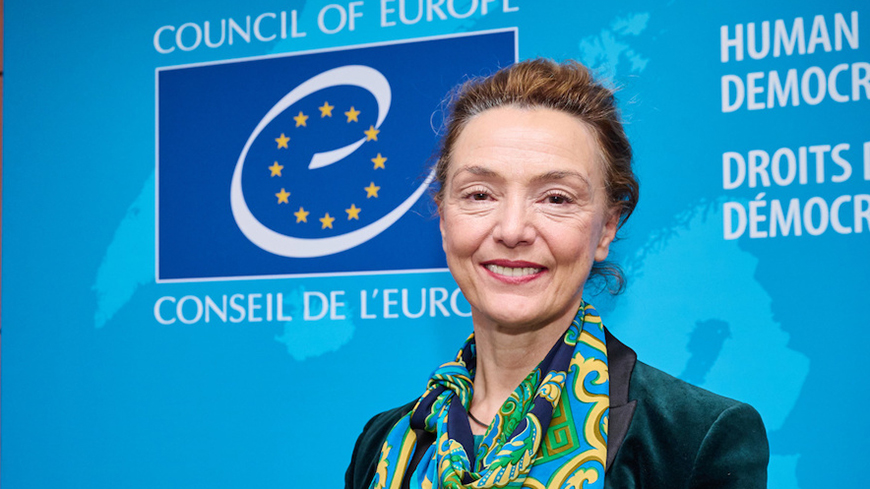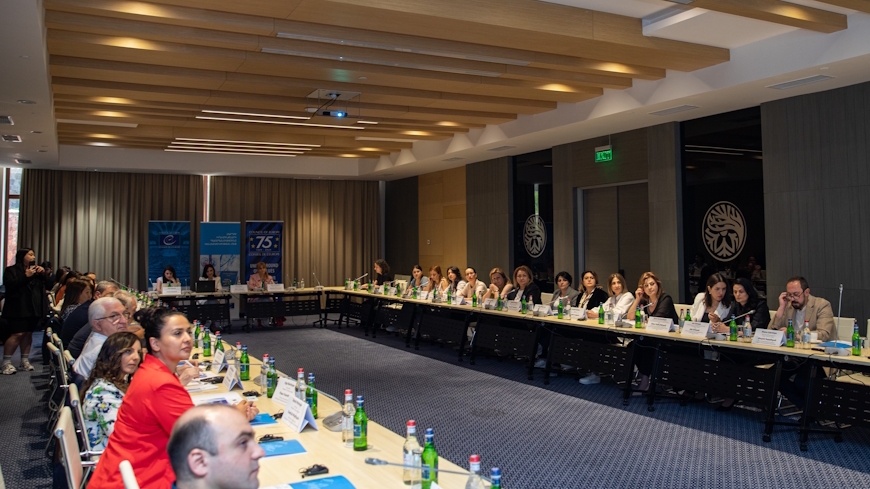“Our rights do not apply only at one moment in time, or to a specific situation. Instead, they are built to apply over the decades, and in whatever circumstances we find ourselves”, stated Secretary General Marija Pejčinović Burić in the introduction to the 2024 report on democracy, human rights, and rule of law in Europe, entitled “Our rights, our future”, published today.
“Our rights are not an end point or a destination, but rather a moral compass for our journey through life. The Reykjavik Declaration was an important milestone at a moment of profound concern for our continent, but we have found our direction. Now, the journey must continue”, emphasised Marija Pejčinović Burić.
The annual report focuses on the Organisation’s follow-up to the 4th Summit of Heads of State and Government, held in Iceland in May 2023. In the “Reykjavik Declaration” European leaders expressed their commitment to addressing democratic backsliding in many parts of the continent.
The Summit’s main priority was to signal unwavering support for Ukraine and to ensure accountability for the Russian Federation’s ongoing war of aggression.
The report highlights the progress made in creating and setting up the Register of Damage, which now comprises 43 states plus the European Union, with staff and offices in the Hague and Kyiv.
Another priority was the need for member states to fully execute final judgments of the European Court of Human Rights. Progress has also been made in this area.
Finally, future challenges were also addressed at Reykjavik, with a strong focus on the draft Framework Convention on Artificial Intelligence, Human Rights, Democracy and the Rule of Law, and enhanced work on the environment and human rights and tackling migrant smuggling.
“As we celebrate 75 years of the Council of Europe, we should be confident in ourselves and our capacity to address these challenges, harnessing the opportunities provided by multilateralism. We have faced terrible circumstances before, and we have overcome them. We can do that again”, wrote the Secretary General.








